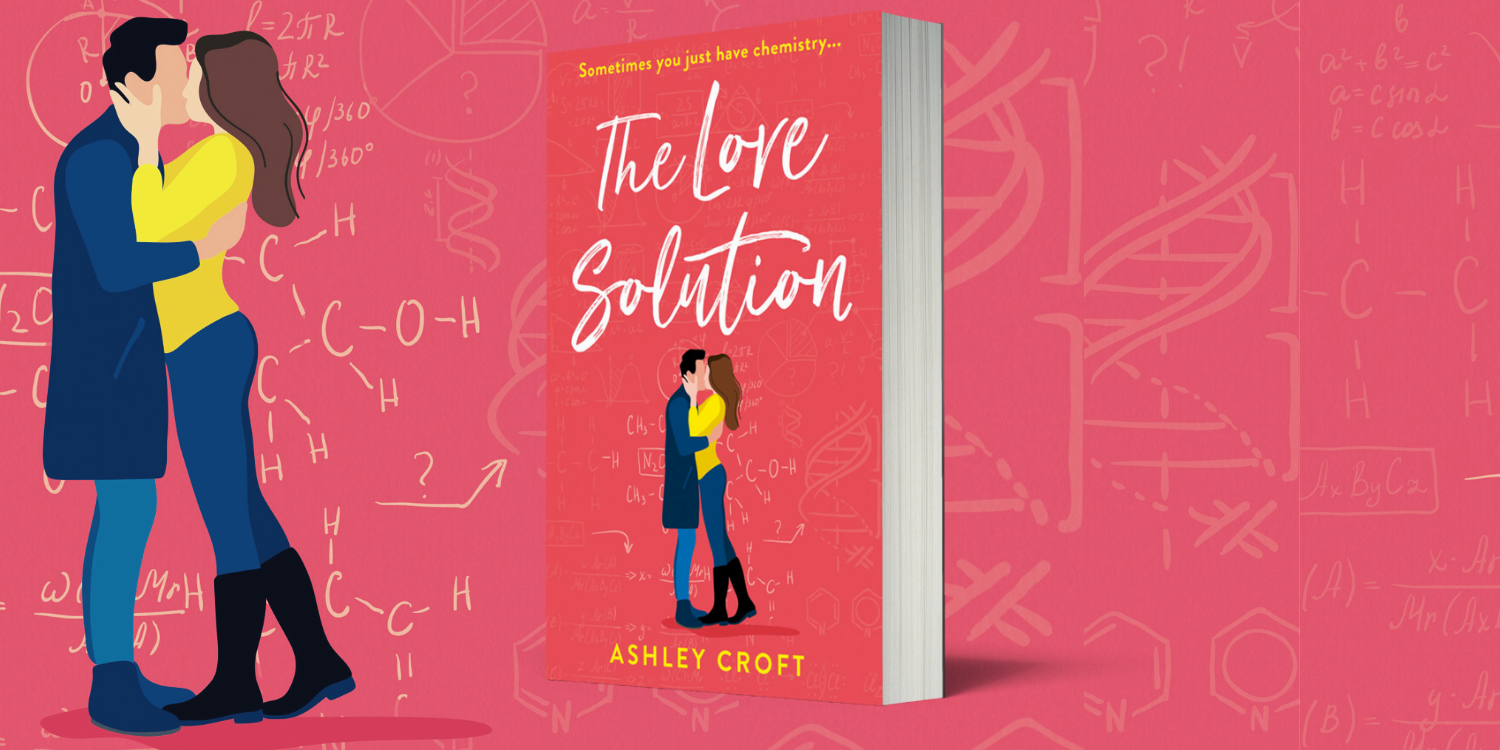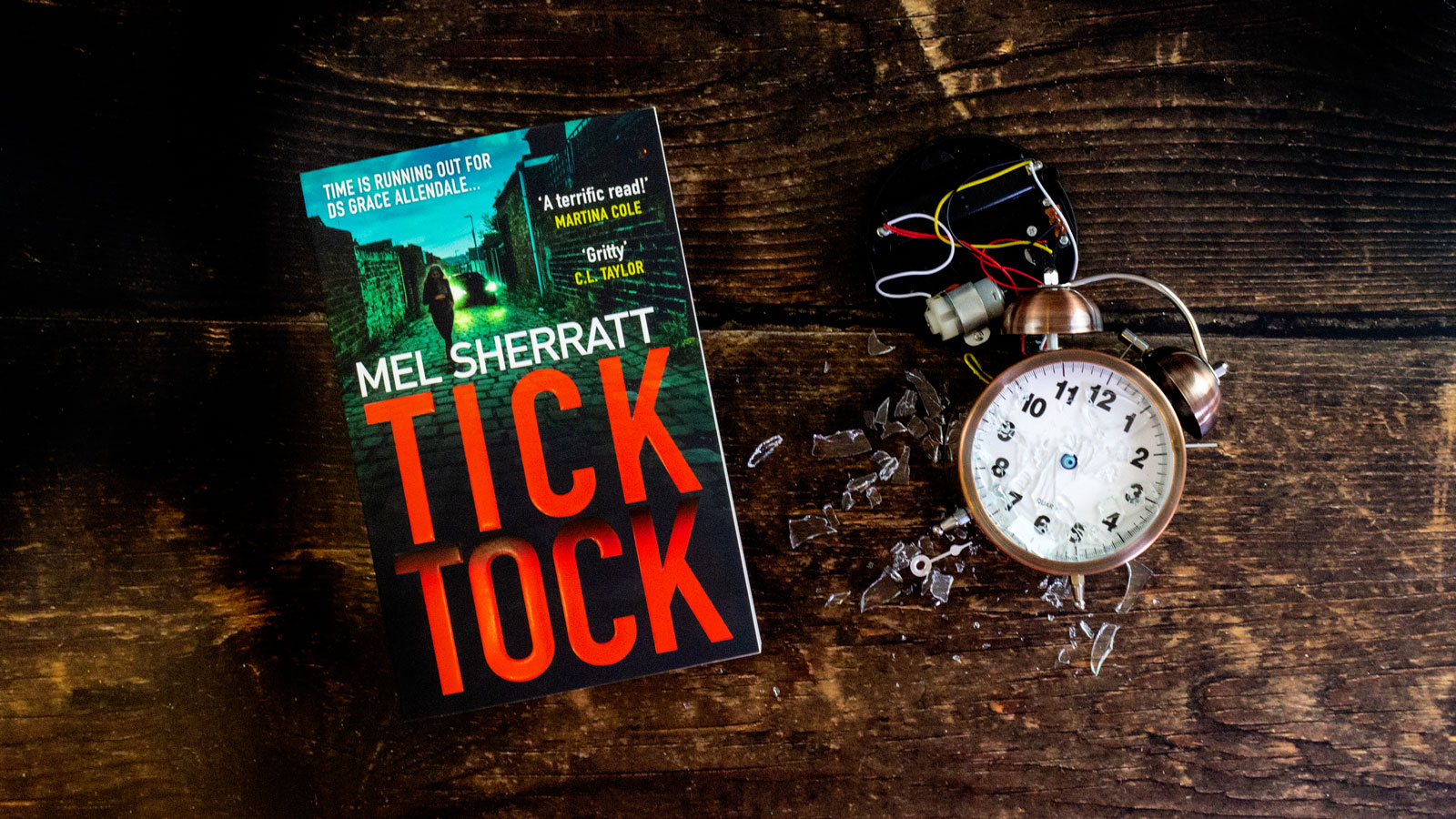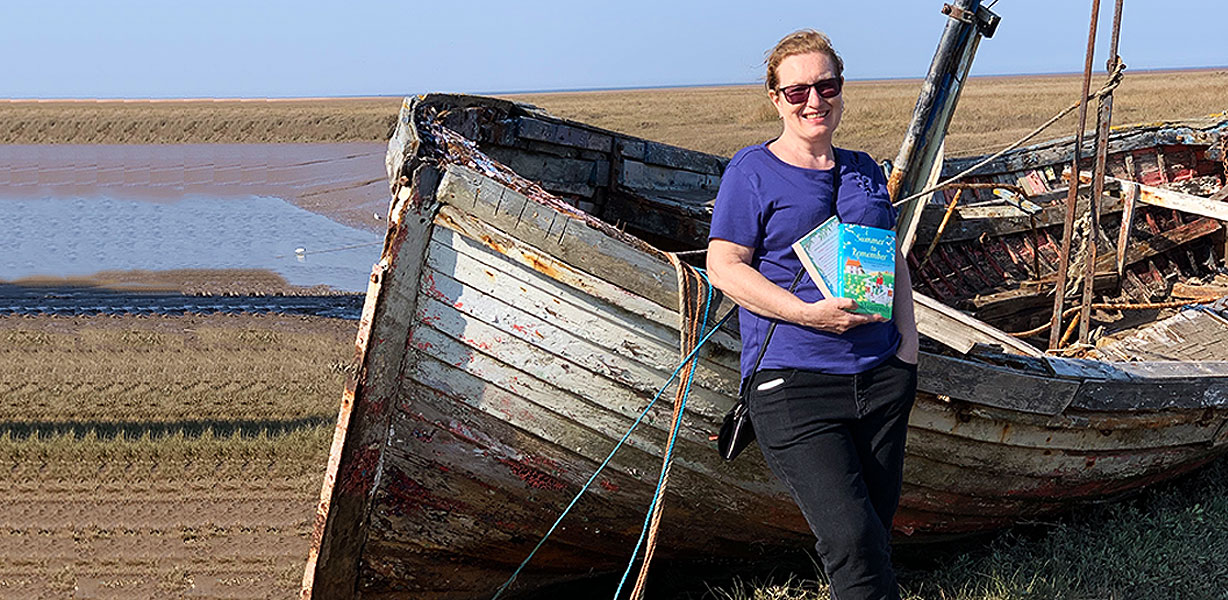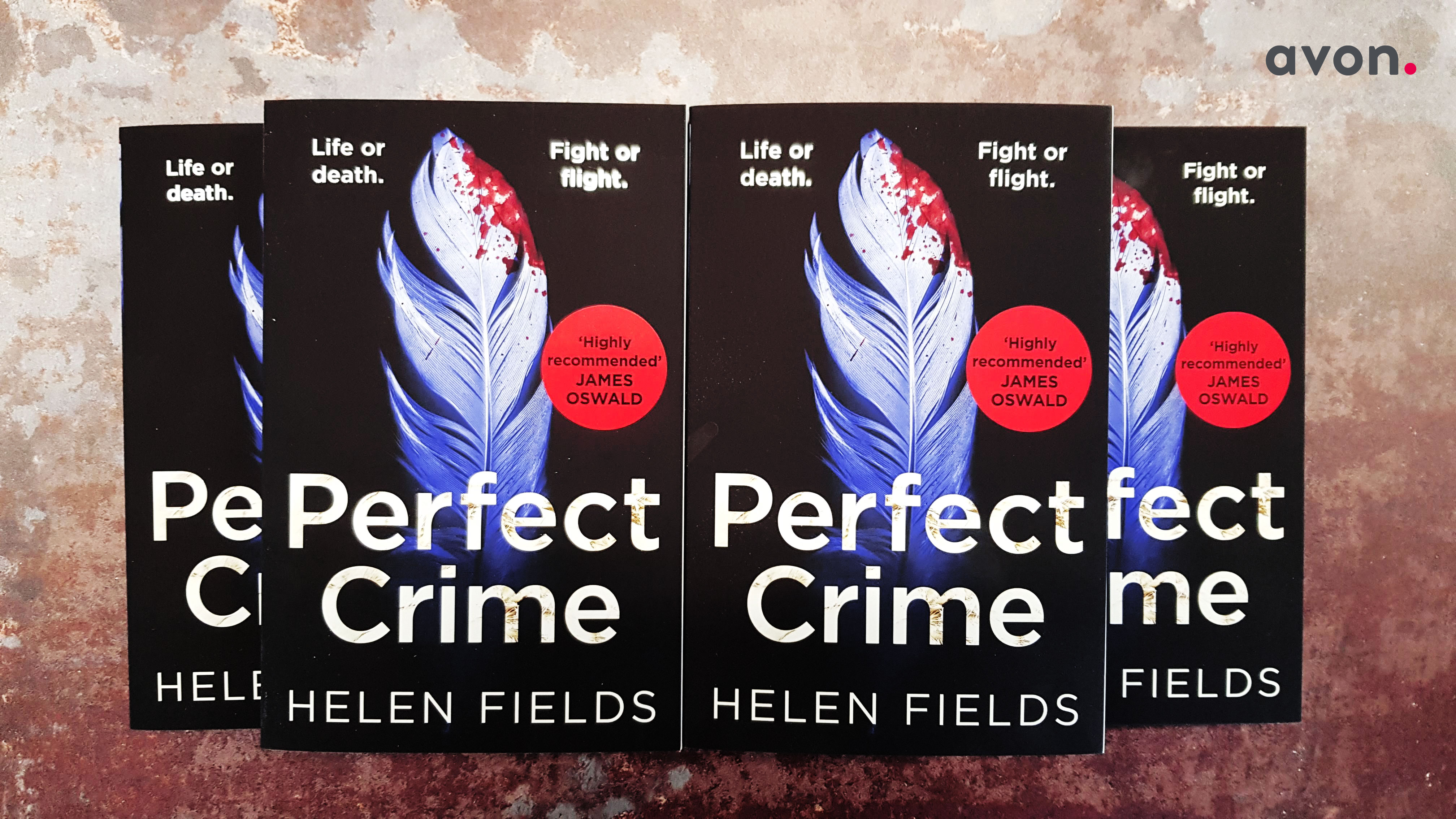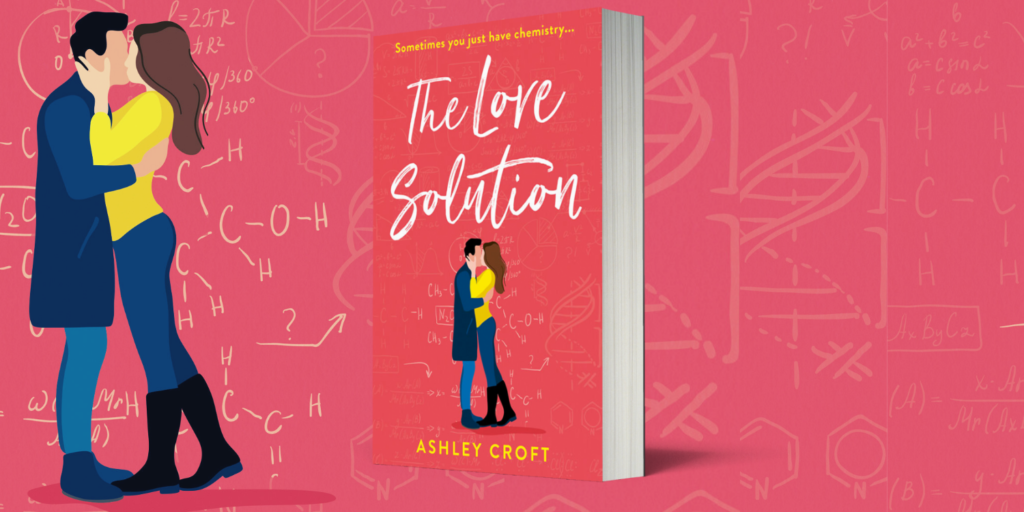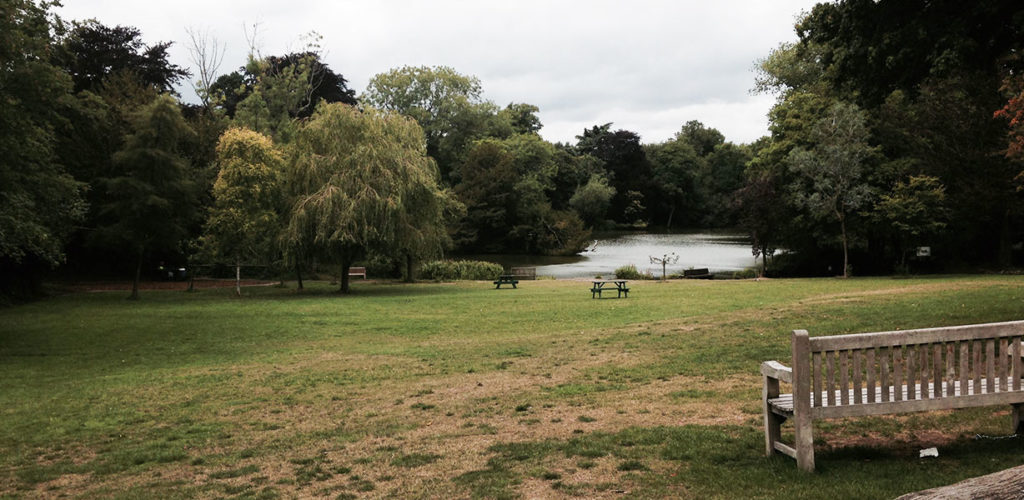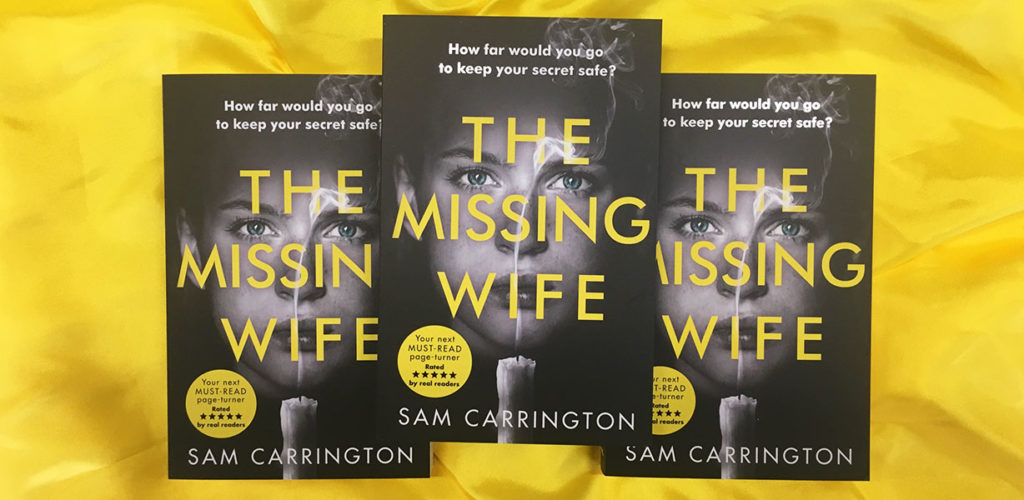In my new book, The Mini-Break, my main character Lulu is a successful, popular romance writer who has been published around the world. Suddenly she gets writer’s block. I could be wrong, but I think most writers experience this. I have done some exhaustive, in depth research (I asked my writer friends on Twitter) to find out how they deal with writer’s block when it strikes? The results are in.
- Take part in on-line word races with your Twitter friends for an hour. The thought of several other people writing at the same time will fire you up to increase that word count. At the end of the hour delete seventy-five percent of what you have written.
- Park yourself in front of the computer so no one knows what exactly you are doing and then mess about on social media. Some of this counts as networking and legitimate research. Looking at pictures of Steve McQueen or raccoons riding bicycles doesn’t.
- Sit looking vacant. Drink coffee and eat a Mint Club biscuit. This can be explained as valuable thinking time. Perhaps even described as “mindful sitting”.
- You need more stationery to inspire you. Go on a shopping trip to find the particular pen/pencil/notebook/pack of Sharpies/post-it notes in tropical colours that will make all the difference. Return home, hide Paperchase carrier bag under the stairs until significant other is out of the way and doesn’t roll eyes/question your obsession/look at you pityingly.
- Go on a research trip to help with important detail. I have managed trips to several lovely places using this option. I have even managed to convince my accountant of their value. I gave him a copy of the book to prove it. Worry about the wisdom of having given my very straight-laced accountant a copy of my book which contains several rather rude scenes including one in a hot-tub. Ponder whether the hot tub could be considered a legitimate expense to set against tax.
- Do something else, preferably something useful like tidying the airing cupboard. Buy a house with granite work tops, a stainless-steel fridge and gloss cabinets in the kitchen. You will need to spend a lot of time polishing finger marks off everything. At least you will have something to show for your morning. Ironing is also a great way of spending your time when you have writer’s block. No, hear me out. Think about it. With my computer on the work top in front of me I have binge watched every series of Bosch, Lie to Me, Scott and Bailey, Person of Interest and The Good Wife without ever being accused of slacking. This could also be considered plotting research.
- Force yourself to sit in front of that blank screen and just write. Even if it produces rubbish you are exercising your writing muscles. Skip the bit that is giving you trouble and write the next bit. It’s only a first draft, you can go back and re-work it later. Perhaps research something new. The Templars, stained glass, growing potatoes. Start writing something different. An actual letter, a shopping list, your packing list for your next holiday/plot your next book.
- Marie Kondo your clothes. Go through your wardrobe and throw out everything which fails to “spark joy” in you. This means you will be left with one pair of comfortable jeans, three t-shirts and your dressing gown. Take your discarded clothes to the charity shop. Via Paperchase.
- Read inspiring articles about other writers who have got six figure deals for their debut novel, have been published in sixteen countries and claim there is no such thing as writer’s block. Sulk a bit. Have more coffee and another Mint Club.
- Look at your diary and realise you do have deadlines. This was your idea after all. No one is going to do this for you. Get on with it!

